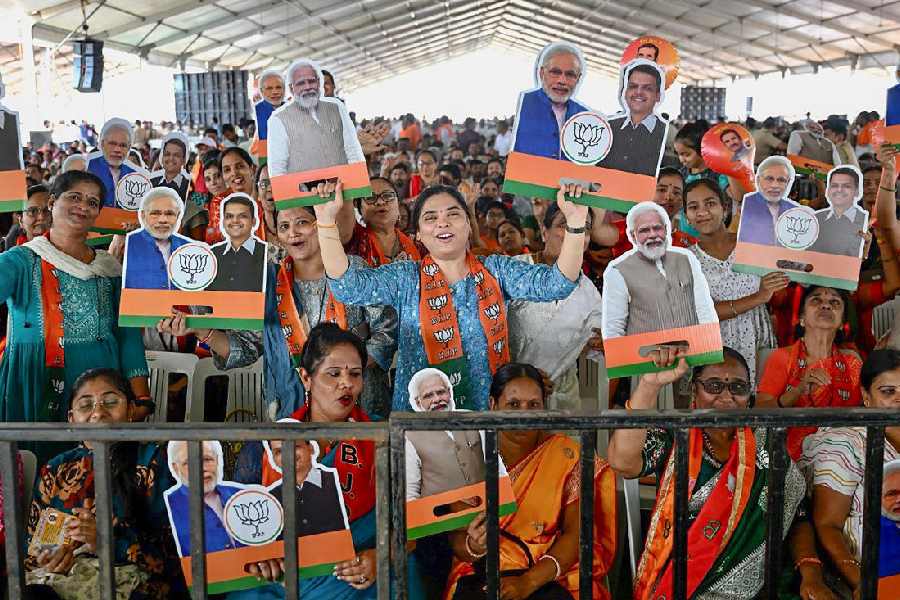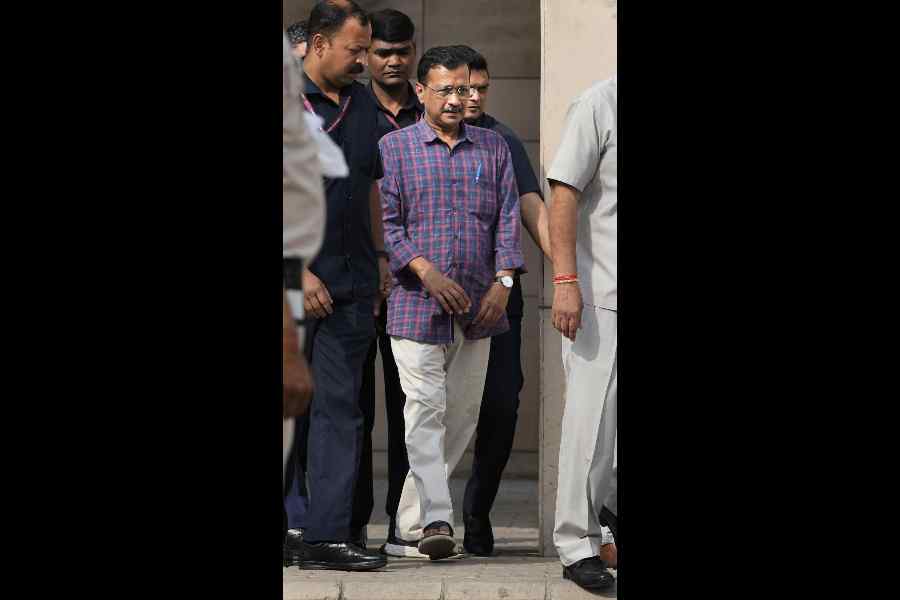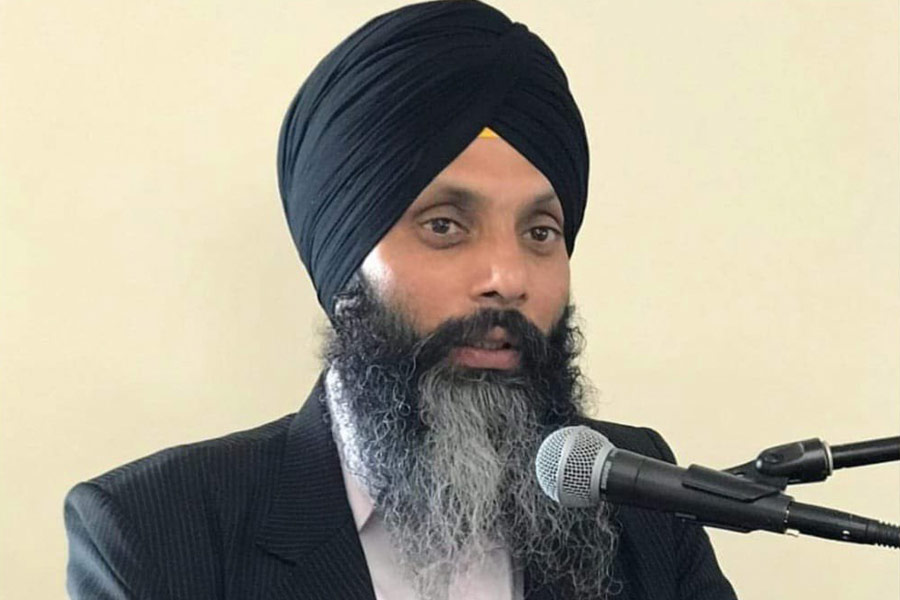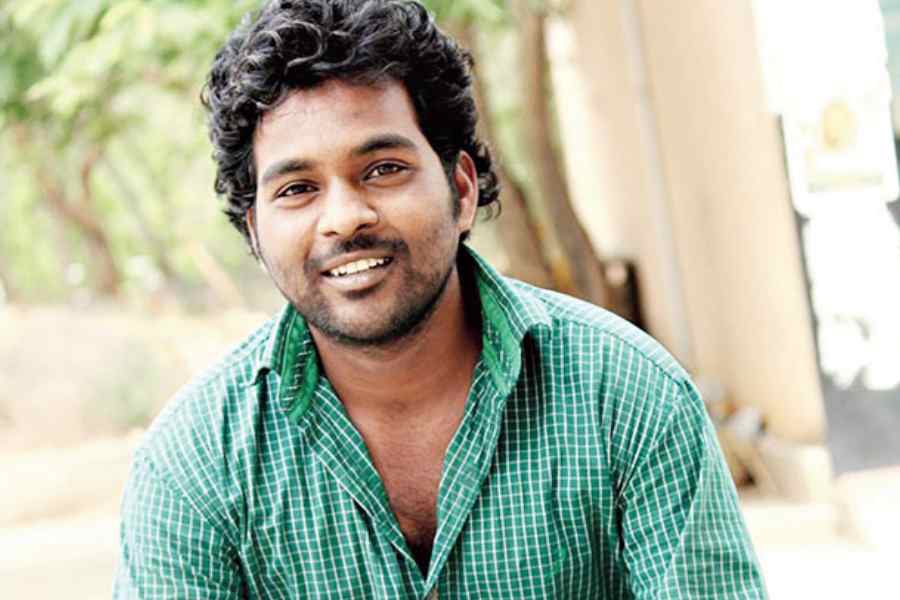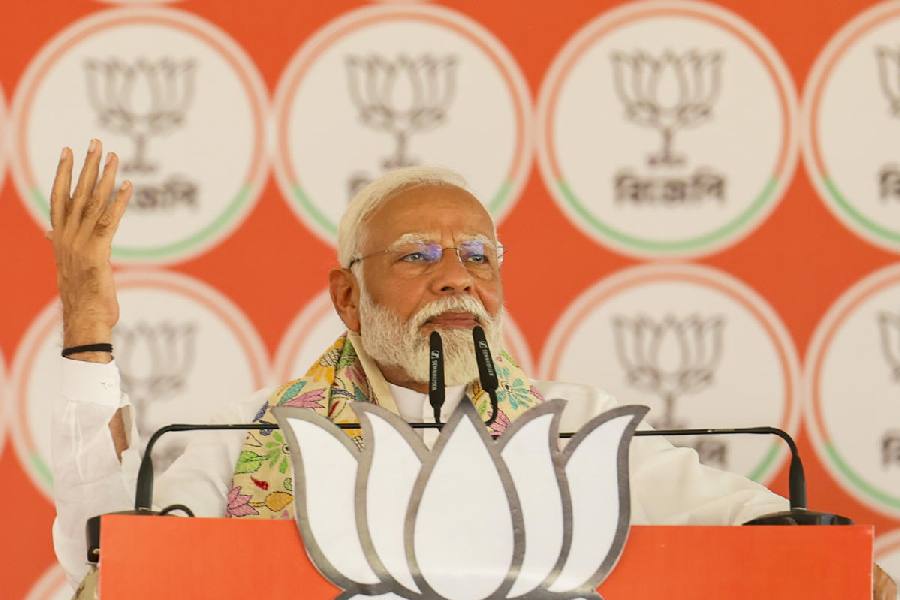Vidarbha has for decades been the epicentre of farmer suicides. But lulled by freebies, this region of Maharashtra seems to have accepted the deaths as mere mishaps, triggered by “personal problems”.
Some farmers said the freebies had dulled the public consciousness to “real issues” and left farmers increasingly dependent on the government.
Deorao Sitaram Thackeray, 72, of Krishnapur village in Yavatmal district counted the benefits he receives — Rs 6,000 a year under PM Kisan, free food grains and a toilet —and said Prime Minister Narendra Modi cannot be blamed for farmer suicides.
“Farmers commit suicide because of personal problems,” Thackeray said. He wants Modi re-elected so that the benefits continue.
Vidarbha, made up of 11 districts, witnessed over 4,000 farmer suicides between 2020 and 2022, the Maharashtra government told the Assembly last year.
Still, the suicides do not seem to be an election issue. Nor does the government’s failure to provide legally guaranteed minimum support prices (MSPs) for crops — an issue on which farmers of Punjab and Haryana have been agitating.
For Ramarao Karpati, 58, from Bhamraja village in Yavatmal, PM Kisan and the free food grains compensate for the losses the farmers face because of the lack of a guaranteed procurement of crops under MSPs.
“Farmers would have got some extra money if the government procured (the entire amount of) their crops under MSP. The Modi government is giving the same amount through the PM Kisan and free rations,” Karpati said.
Under PM Kisan, over eight crore farmers’ families receive Rs 6,000 a year from the Centre. Under the National Food Security Act and the Pradhan Mantri Garib Kalyan Ann Yojana, 81 crore people receive 5kg free rations a month.
Certain Left-leaning farmers’ organisations in the region have been flagging agrarian distress and castigating the Centre for its failure to enact MSP guarantees, fix MSPs at 1.5 times the production cost, waive farmer loans, compensate for crop losses, or provide insurance coverage and pension. They have been organising meetings and protests but with limited effect.
Praful Pandey from Jalka village in Ralegaon block is an exception. He says the farmers would not need the PM Kisan if the government ensured that crops were procured against adequate MSPs.
“The farmers sell cotton at Rs 6,000 to Rs 7,000 a quintal. The price has been stagnant for the last five years. We do not need the PM Kisan money; let the government procure cotton at Rs 12,000 a quintal,” Pandey said.
He said the freebies had made farmers more dependent on the government and affected their self-respect.
“They expect more freebies from the government. Two years ago, the government started E-Shram registration. All the farmers and labourers got themselves registered by paying Rs 100 each at the Common Service Centre. They were hoping that the Modi government would pay them some extra money apart from PM Kisan. No money has come yet,” Pandey said.
Rameshwar Kale, a farmer from Adol village in Budhana district, said the farmers were divided over caste and religion and felt grateful for the freebies. They were, therefore, unable to raise the issue of agrarian distress forcefully.
“The farmers are not aware of the factors behind their suffering. They are divided on caste and religion and many feel indebted to the government for the freebies. So, issues of suicide or the distress sale of farm produce are never an election issue,” Kale said.
He said the farmers were used to repaying favours. Since they see the freebies as gifts from the government, many of them consider themselves morally obliged to repay them through their votes.
Farmers’ organisations cannot afford to openly oppose the freebies.
Ashok Dhawale, president of the CPM-affiliated All India Kisan Sabha, said the government needed to address fundamental issues such as the high input costs and low MSPs. “We are not saying anything about the freebies,” he said.
Welfare black hole
At the other end of the spectrum lies Menkhat, a tribal village in Wardha where Reshmabai Masram has never received any assistance, from either the Indira Awas Yojana or its current avatar, the PM Awas Yojana.
Nor has she benefited from the Ujjwala Yojana of free LPG connections to poor women. Her story punctures the Modi government’s claim of having covered the poorest of the poor through its welfare schemes.
There is no hospital in the locality, and no public transport to the village to help her visit Wardha town, 40km away, for treatment, either.
The Maharashtra government provides assistance to tribal communities to dig or repair wells for crop irrigation. Pandullik Uike, another villager in Menkhat, applied for help under the scheme but never received anything.
Of the 25 families in the village, only five or six have received housing support, he said.
“We never got any welfare benefits in the last 30 years. No government official ever comes to this village. We have been left to fend for ourselves,” Manik Kumre, another villager, said.

